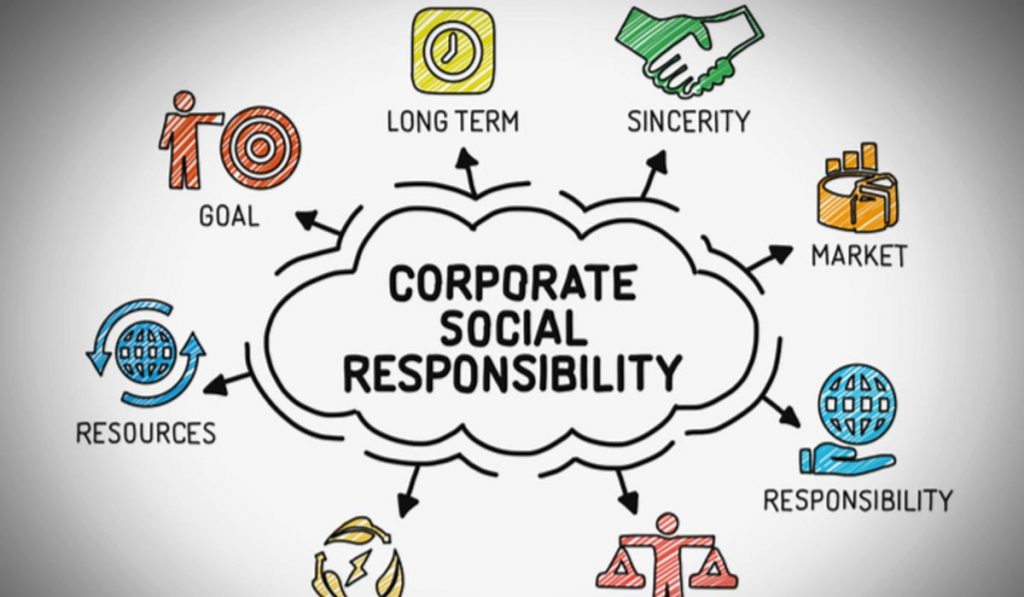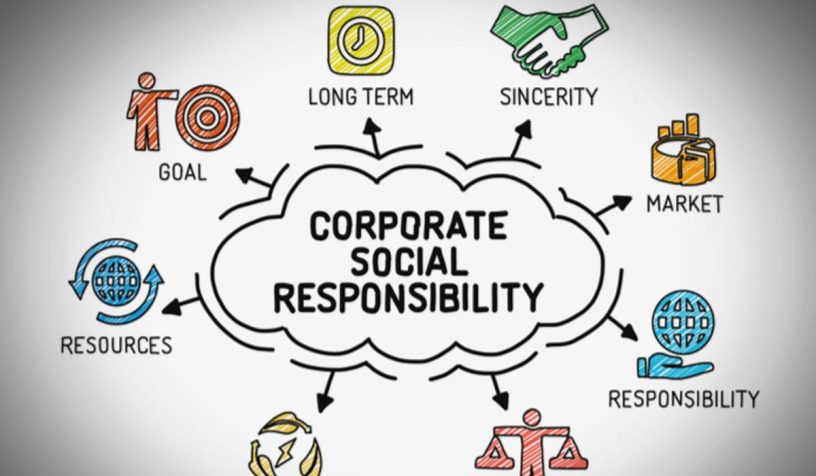
The researchers found statistically significant similarities among leading Indian companies in their spending pattern across the different categories.
Authors
Chitresh Kumar, Jindal Global Business School (JGBS), O. P. Jindal Global University, Sonipat, Haryana, India.
Anirban Ganguly, Jindal Global Business School (JGBS), O. P. Jindal Global University, Sonipat, Haryana, India.
ManMohan S. Sodhi, City University London – Sir John Cass Business School
Summary
Many governments seek the private sector to meet their development goals. One possible means to enlist this support is to impose mandatory or ‘hard’ corporate social responsibility (CSR) requirements on large companies. To shed light on how mandatory CSR could be helpful in this regard, we study the case of India, where the government has required large companies to spend a fraction of their income towards development as CSR since 2014.
We analyzed the expenses of leading Indian companies and found statistically significant similarities among these companies in their spending pattern across the different categories, which we interpret as isomorphism.
By looking for the government’s motivation and the companies’ motivations – both perceive the priorities in unmet social needs – we present a conceptual model to explain this isomorphism in CSR expenditure across different categories.
The model suggests that governments may find mandatory CSR helpful to direct corporations in achieving development goals.
Published in: Business Strategy and Development
To read the full article, please click here


